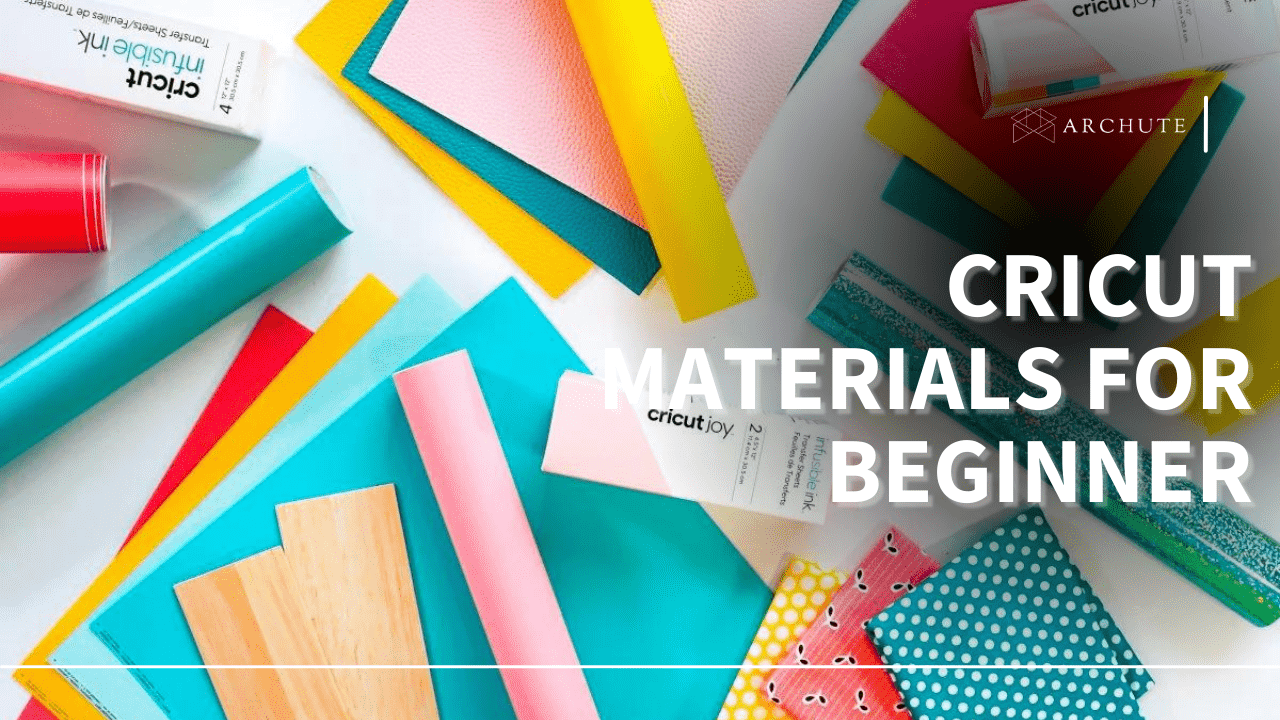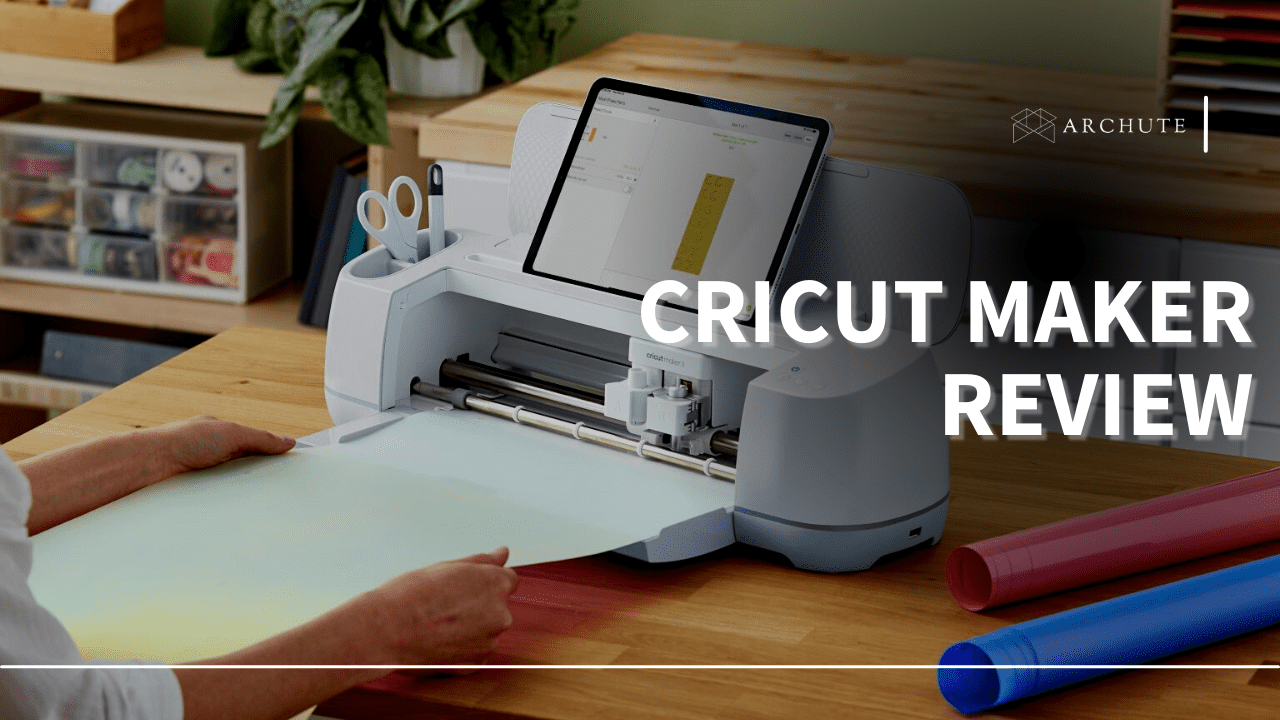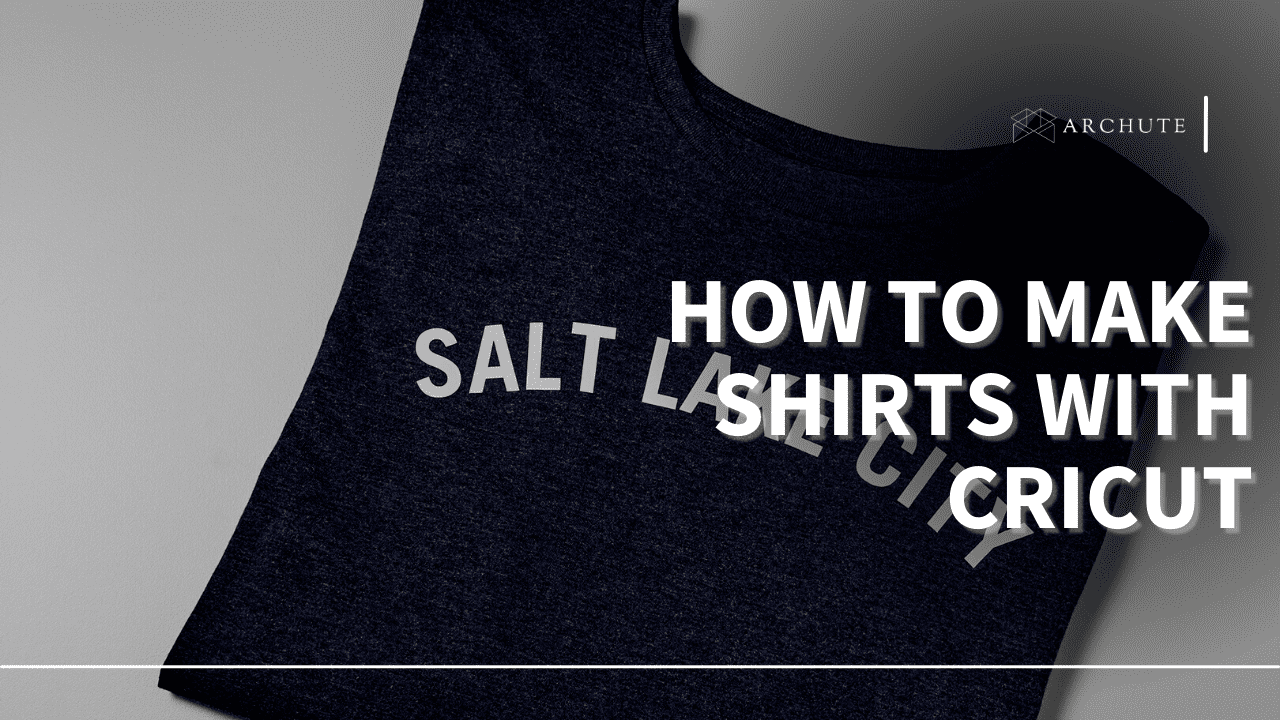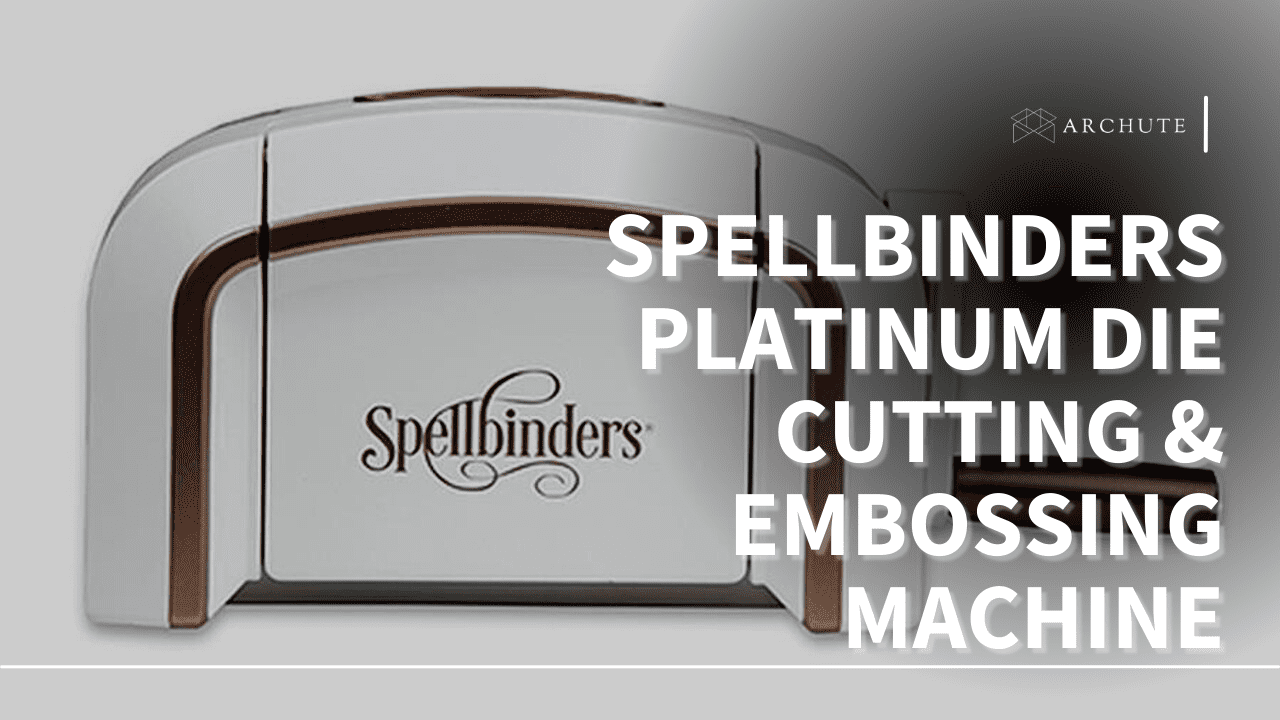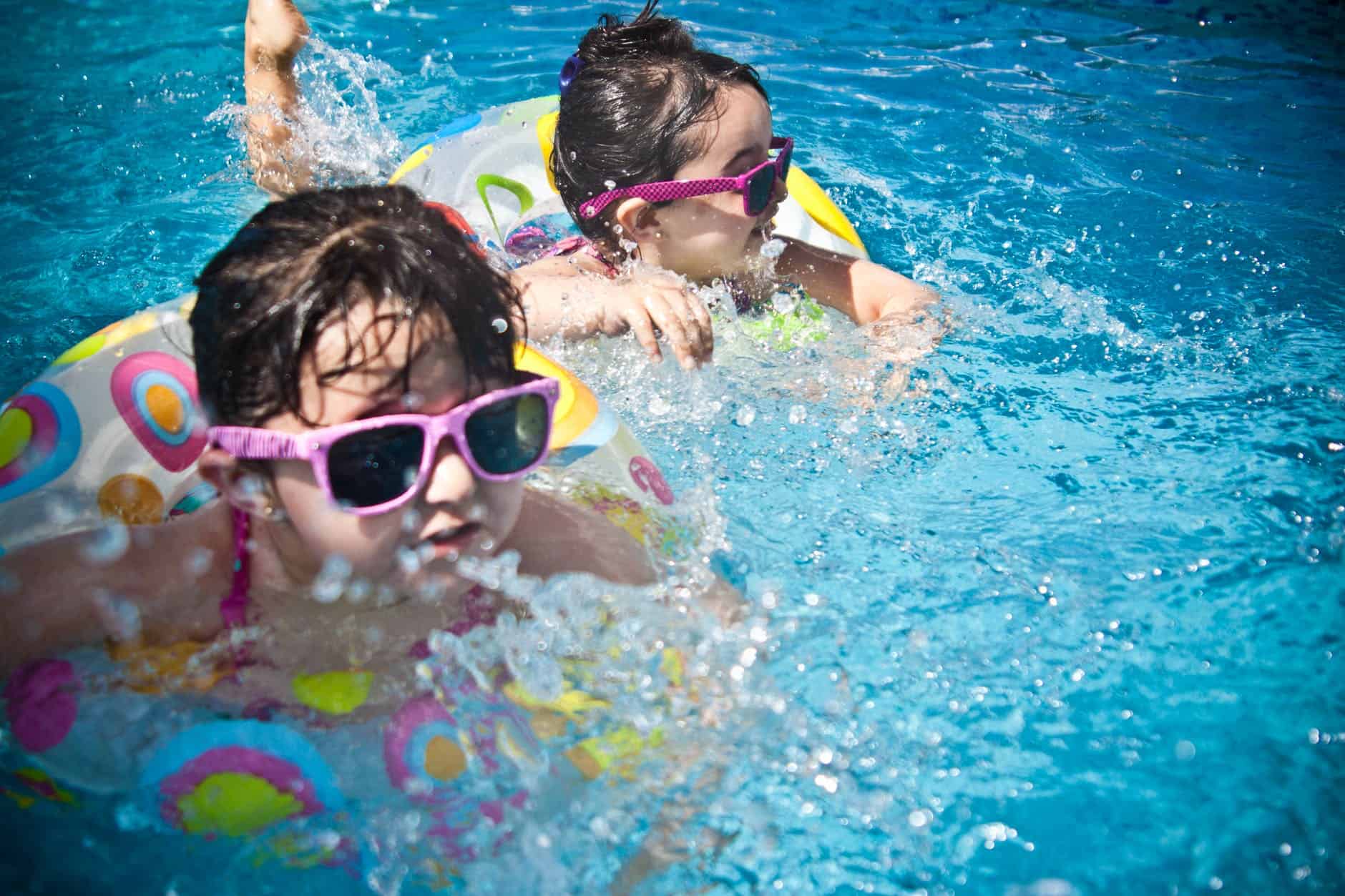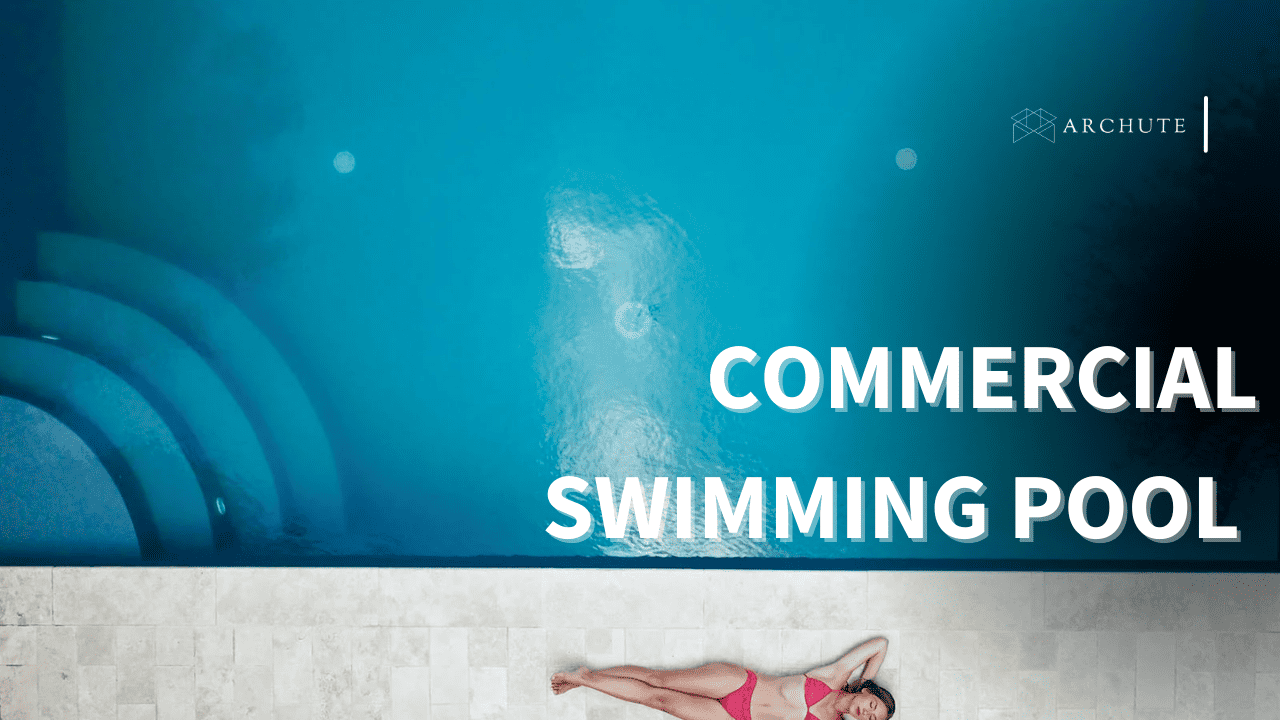So you have set up a lovely swimming pool or Jacuzzi in your backyard. What’s next? Swimming pools require a critical level of care to maintain that clean and blue water you see. Besides cleaning, you must also ensure the pool water is well balanced by regularly testing it. The best pool test kit should give you accurate details on the PH, chlorine, and alkalinity level of the pool water. The best pool test kits will also test for calcium, salt, and bromine levels in the water, among other things. The results from these tests allow you to either increase or decrease the chemical components of your pool water to ensure it's balanced.
Why Is It Important to Test Your Pool Water?
As you may already know, cleaning and maintaining a swimming pool takes a whole load of chemicals. If you are using municipal water, it also comes with its own chemicals to keep the water from becoming green and slimy from algae. Unfortunately, some of these chemicals can wreak havoc to the pool itself and the swimmers.
For example, chlorine helps to keep your water clean and free of microorganisms, but too much can cause skin and eye irritation. Calcium is also crucial to tame the aggression of regular water on your pipes and other parts, but too much of it will cause scaling, cloudiness, and even irritation to the swimmers. Alkalinity in water will throw off the PH balance which in turn will affect the calcium hardness level, and they are all interconnected somehow.
Keeping the perfect balance of all these chemicals is the only way to ensure your pool water is safe for swimming and the pool itself and its components are not adversely affected. The best pool test kit helps you know the levels of each of these chemical properties so you can balance them.
Types of Pool Water Testing Kits
There are three types of swimming pool testing kits, and each of them has its pros and cons.
- Liquid test. This pool test kit uses reagents, which is a liquid that comes in a dropper bottle. To use the test, you have to take a water sample from the pool and then drop the amount of reagent into the vial of water as instructed. The instructions will tell you how to take the readings and how much reagent vs. water to use. If used correctly, this test is very accurate, but it's also prone to errors.
- Strip test. The strip test is the easiest, cheapest, and most accurate method. To take the test, you simply dip the strip directly in the pool water and then wait for it to change color. This means you don’t need to collect water samples and the results are instant. On the downside, it’s easy to contaminate the strip with your hands if they are moist.
- Digital test. Like the liquid test, digital pool test kits also use a reagent, except they are much easier to use and more accurate. You don't have to guess the chemical level because the test will give you accurate figures you can rely on. The only downside with digital tests is that they are expensive and need to be calibrated every now and then.
Pool Water Test Kits: Our Best Picks
1.Poolmaster 22260 5-Way Test Kit- Best Overall
Poolmaster’s liquid test kit is a straightforward test that comes with five numbered bottles that you should use in that order. The order provides a simple, chemically accurate way to test your pool's chemistry, and it's one of the reasons why this is one of the best pool test kit and why it's is so popular. Using this kit, you will be able to test for chlorine, PH, acid demand, total alkalinity, and bromine.
The kit has a color-coded container that indicates the exact results of the tests, and it’s very easy to read. If used correctly, each of the bottles can last you a year, which is extremely reasonable. It comes with a handy polyethylene case to safely store all the components.
Pros:
Cons:
2. LaMotte ColorQ Pro 11 Digital Testing Kit- Best Digital Test Kit
- ColorQ PRO 11 Digital Test Meter Kit
A digital test kit makes everything easier, and it's harder to mess up than liquid and strip tests. The LaMotte ColorQ Pro 11 is among the most comprehensive digital test kits today and a favorite among many. It addresses every swimming pool testing need you have, and as you can tell from its name, you can test up to 11 components.
From this kit, you will test for free chlorine, total chlorine, bromine, pH, iron, total alkalinity, calcium hardness, biguanide shock, cyanuric acid, copper, and biguanide. The best part about this is that you no longer have to use color charts, thanks to the automatic photometer that gives you accurate results. This makes it the best pool water test kit for people with issues seeing colors clearly.
Pros:
Cons:
3. AquaCheck Select 7-in-1 Pool And Spa Test Strips- Best Test Strips
- 50) New **AquaChek 54604** Select 7 in 1 test strips
- Includes color chart and comparator
- "The Complete Guide to Pool and Spa Care" booklet included
- Easy to use and maintain your swimming pool or spa
- Takes about 15-30 seconds to show results
There is something innately satisfying about using test strips. They are simple to use, easy to read and if cost is a factor to you, very cheap. The AquaCheck Select 7-in-1 Test Strips gives you seven significant test results in seconds. You will test the water's total hardness, total chlorine, bromine, free chlorine, PH, Cyanuric acid, and total alkalinity.
This bottle kit comes with 50 test strips, a color chart, and comparator, and a booklet to guide you through the testing. Simply dip the strip in water and remove it immediately. Fifteen seconds later, the color change will tell you what you need to know. We particularly appreciate the simple fact that you only need to use one strip to test all the seven components instead of using a different strip for each.
Pros:
Cons:
4. Taylor Technologies INC K-1766 Drop Test- Best for Salty Water
- Taylor Technologies K-1766 Salt Water Kit is for use with salt...
- Country of Origin: United States
- Brand Name: TAYLOR TECHNOLOGIES INC
- Model Number: K-1766
If you have salty water in your pool, it’s prudent to test the exact amount of salt in your water. For swimming, the optimum salt level should be between 2500 ppm to 4000 ppm. Taylor Technologies INC K-1766 is a simple drop test, which means you put a few drops in your saltwater and check the change.
The kit has two bottles; a one-drop test, and the other one you have to count the drops to color change. With the second bottle, keep in mind that one drop is 200 ppm. That said, it comes with very clear instructions to help you through the process, and if you follow them to the letter, you get 100% accuracy.
Unlike other salt testers that only tell you the salt level is low or high, this one gives you more accurate figures, so you know exactly how much to add or reduce. The kit also comes with a chromate indicator and a silver nitrate reagent that must be used very carefully.
Pros:
Cons:
5. TAYLOR TECHNOLOGIES INC K-2006 TEST KIT- Best for Testing Calcium Hardness
- Country Of Origin: USA
- Model Number: K-2006
- Item Package Dimensions: 9.099999990718" L x 5.599999994288" W x...
- Item Package Weight: 2.35012771292 lb
The K-2006 from Taylor Technologies is capable of testing various factors in your pool, but it’s especially great for testing calcium levels. If you don’t have salty water, this kit will test everything you need from bromine, PH, alkalinity, cyanuric acid, chlorine, and calcium hardness. That doesn't mean it's not useful for salty water though; it only means that the kit doesn't test salt levels.
K-2006 uses DPD powder for chlorine testing, which is more accurate than a liquid reagent. You can use the product roughly six to seven times, after which you can buy the reagent separately and still use the same kit. The kit comes with incredibly clear instruction and a handy carrying case to keep everything together.
Pros:
Cons:
Finding the Best Pool Test Kit
As much as the pool test kit market isn't highly saturated, it's still hard to choose the best pool test kit among so many. Luckily, you can consider a couple of features to get the best pool test kit for you.
1. Types of Tests it can perform
The main reason you are going for a test kit instead of a single test strip is probably saving time and energy. This means you want a kit that can provide more value by testing as many components as possible. The best kit can test bromine, PH, chlorine, cyanuric acid, sodium bicarbonate, and calcium, just to name a few. Our top pick tests a whopping 11 elements, and that's exactly what you should be looking for.
2. Accuracy
Years ago, when you had to take a water sample to some guy in town for a test, they always came back with varying results. Today, not only can you do the tests yourself, but you can also get impressive accuracy and consistency. A good test kit gives you an accurate reading every time you take the test, and you never have to deal with uncertain numbers.
3. Price vs. Number of Tests inside the kit
Typically, you want to get value for your money. The best pool test kit should therefore have enough tests to last you a couple of months at least. For example, the Taylor Technologies INC K-1766 Drop Test usually lasts the user a whole year because you only need to test twice or thrice. If the test needs to be more regular, choose a kit with more tests in it so they can serve you a while.
Conclusion
The secret to a crystal clear and safe swimming pool is chemical balance. Buying a good test kit and learning how to balance the chemical elements in the water can save you tons of cash in repairs. What's more, you will be able to enjoy some relaxed family time without worrying about bacteria and irritation.
Frequently Asked Questions about Pool Test Kits
1. What are the most important chemicals to keep an eye on in my pool?
The most important thing in a pool is the PH. This is what ensures you don't get algae in your pool water. The best PH should be between 7.2 and 7.8. Other essential elements include;
- Total alkalinity of 8-120 parts per million
- Calcium hardness of 180-220 ppm
- Cyanuric acid or stabilizer of 30-50 ppm
- Chlorine at 1-3 ppm range
2. Can you use a pool test kit for a hot tub or spa?
Absolutely. The most important elements to test in a spa or hot tub are total alkalinity, PH, total hardness, free chlorine, and total bromine. Most of the test kits we have discussed here can be used to test a hot tub.
3. How often should you test the pool water?
Ideally, you should test the water every few days. However, most people do it once a week, and it's still fine. If this seems like too much work, there is a high-tech digital solution that can be installed to be taking the readings automatically for you.








